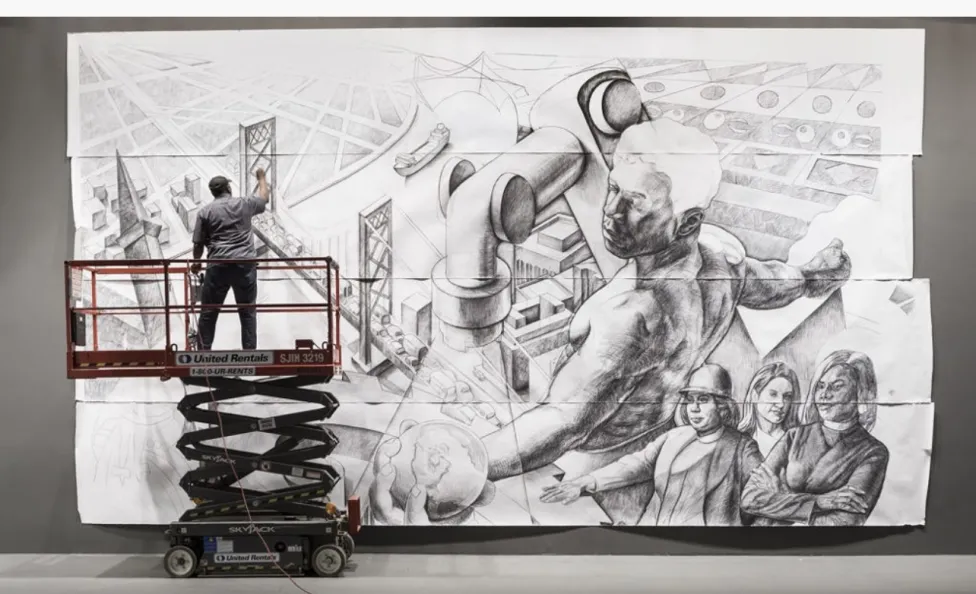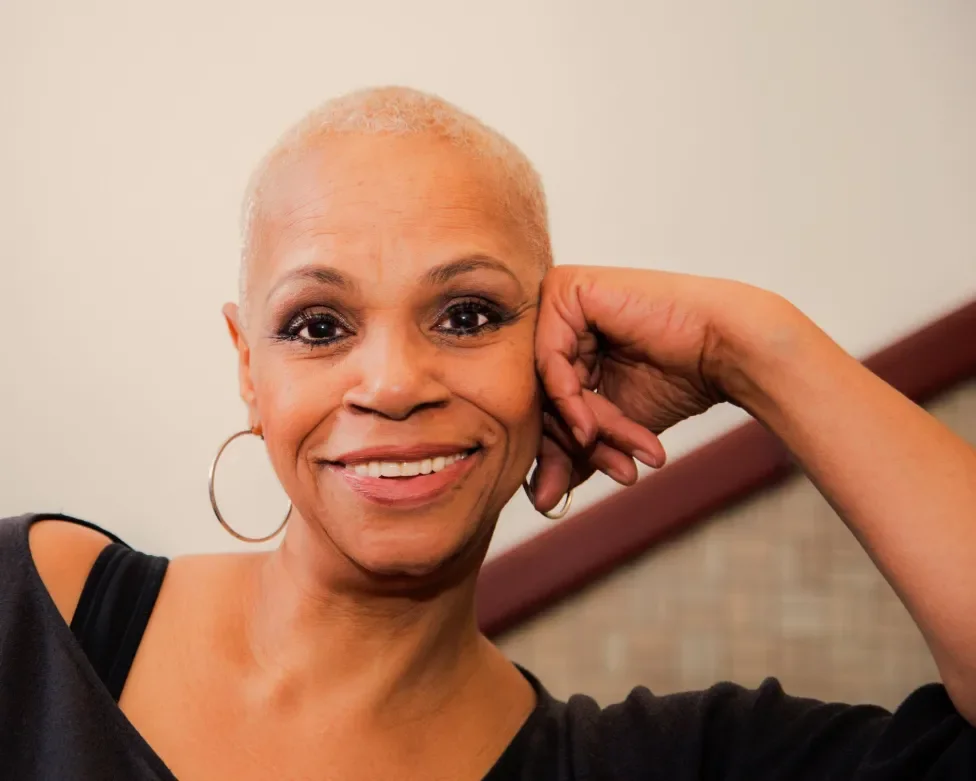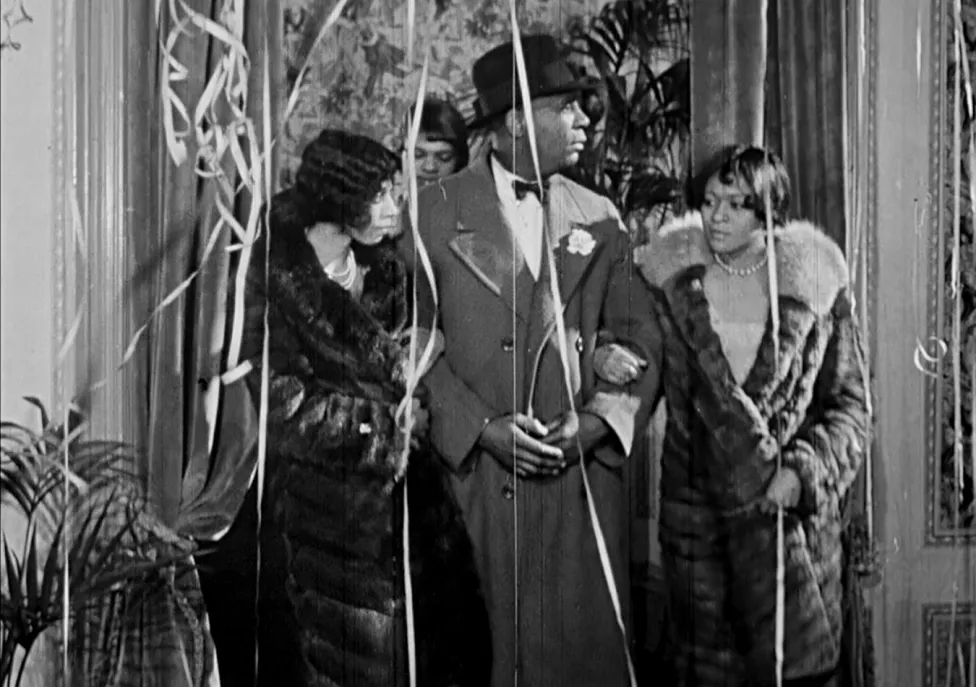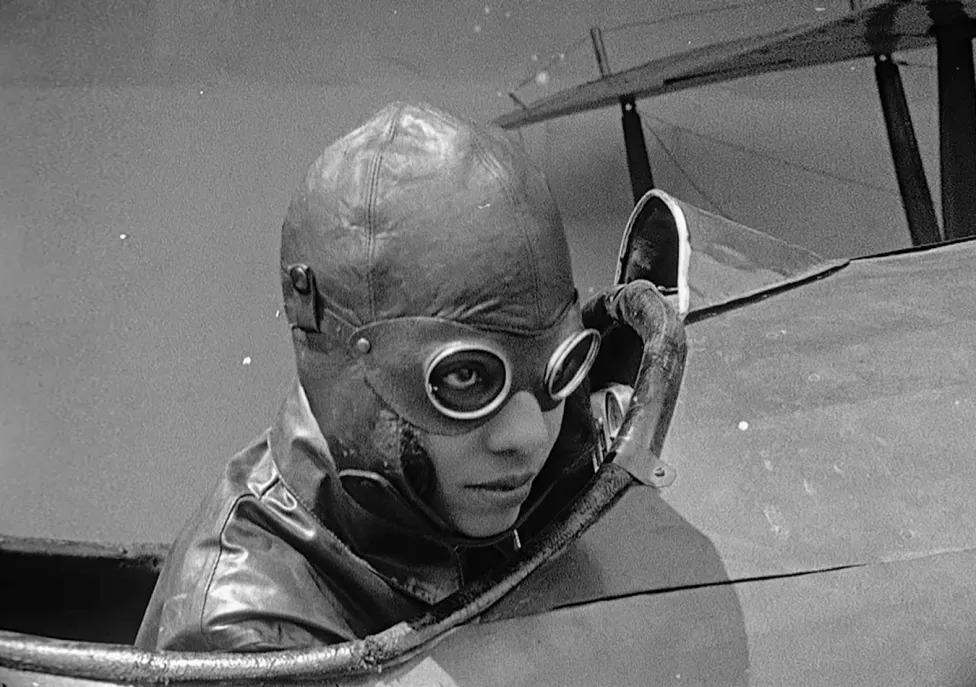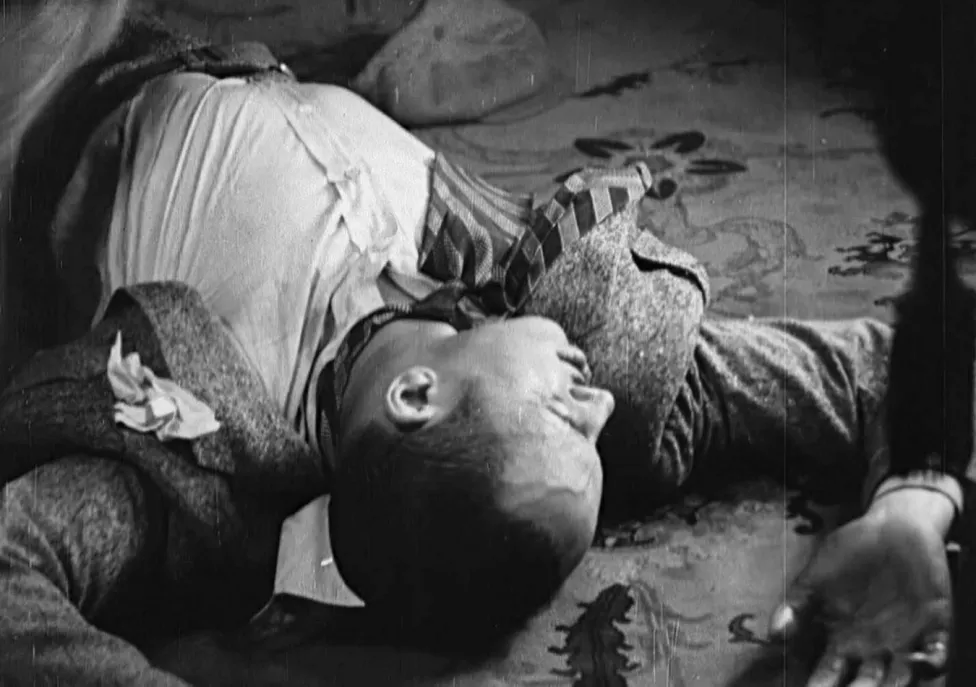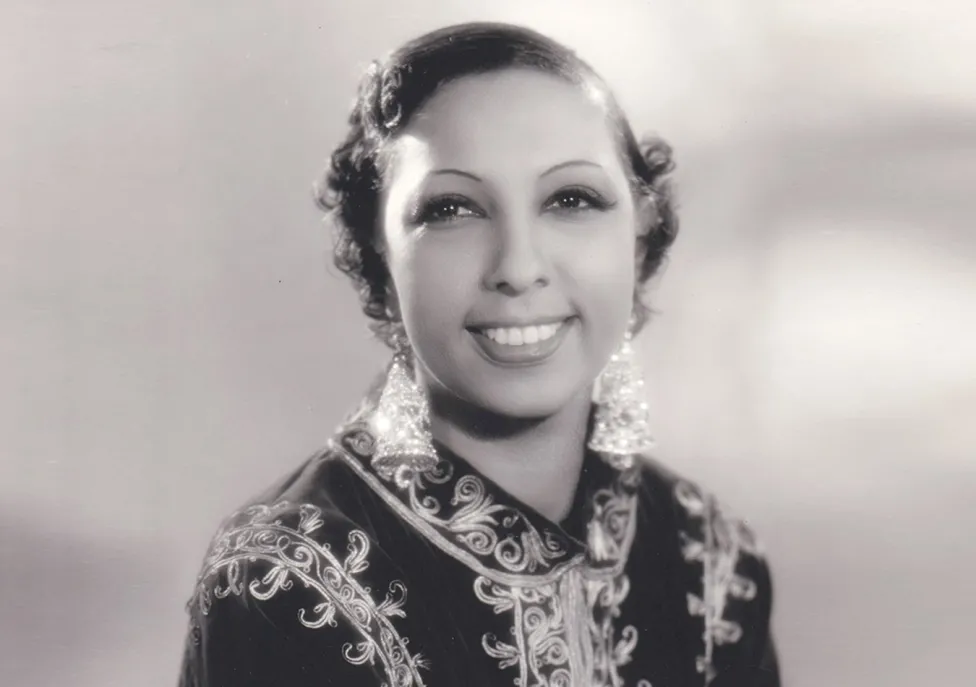Black History Month – New York International Children’s Film Festival: Celebrating Black Stories
Attend:
| Free with general admission |
*General museum admission is FREE for residents of Macomb, Oakland and Wayne counties.
Location:
Lecture Hall
5200 Woodward Ave
Detroit, MI 48202
United States
Celebrating Black Stories spotlights Black narratives that transcend national boundaries, culture, and language with films in English, French, Shona, and even ASL! Join a young astronomer during a lunar eclipse, a meaningful first visit to a barbershop, and witness the magic of a neighborhood castle all in one sitting with this immersive collection of films highlighting Black storytelling.
These audience favorites and award-winning films, from the latest edition of New York International Children’s Film Festival, are sure to inspire curiosity and conversation for viewers big and small. In English or with English subtitles. (63 min.)
Powerful films for ages 8 and up, in the DIA’s Lecture Hall.

Celebrating Black Stories spotlights Black narratives that transcend national boundaries, culture, and language with films in English, French, Shona, and even ASL! Join a young astronomer during a lunar eclipse, a meaningful first visit to a barbershop, and witness the magic of a neighborhood castle all in one sitting with this immersive collection of films highlighting Black storytelling.
These audience favorites and award-winning films, from the latest edition of New York International Children’s Film Festival, are sure to inspire curiosity and conversation for viewers big and small. In English or with English subtitles. (63 min.)
Powerful films for ages 8 and up, in the DIA’s Lecture Hall.

